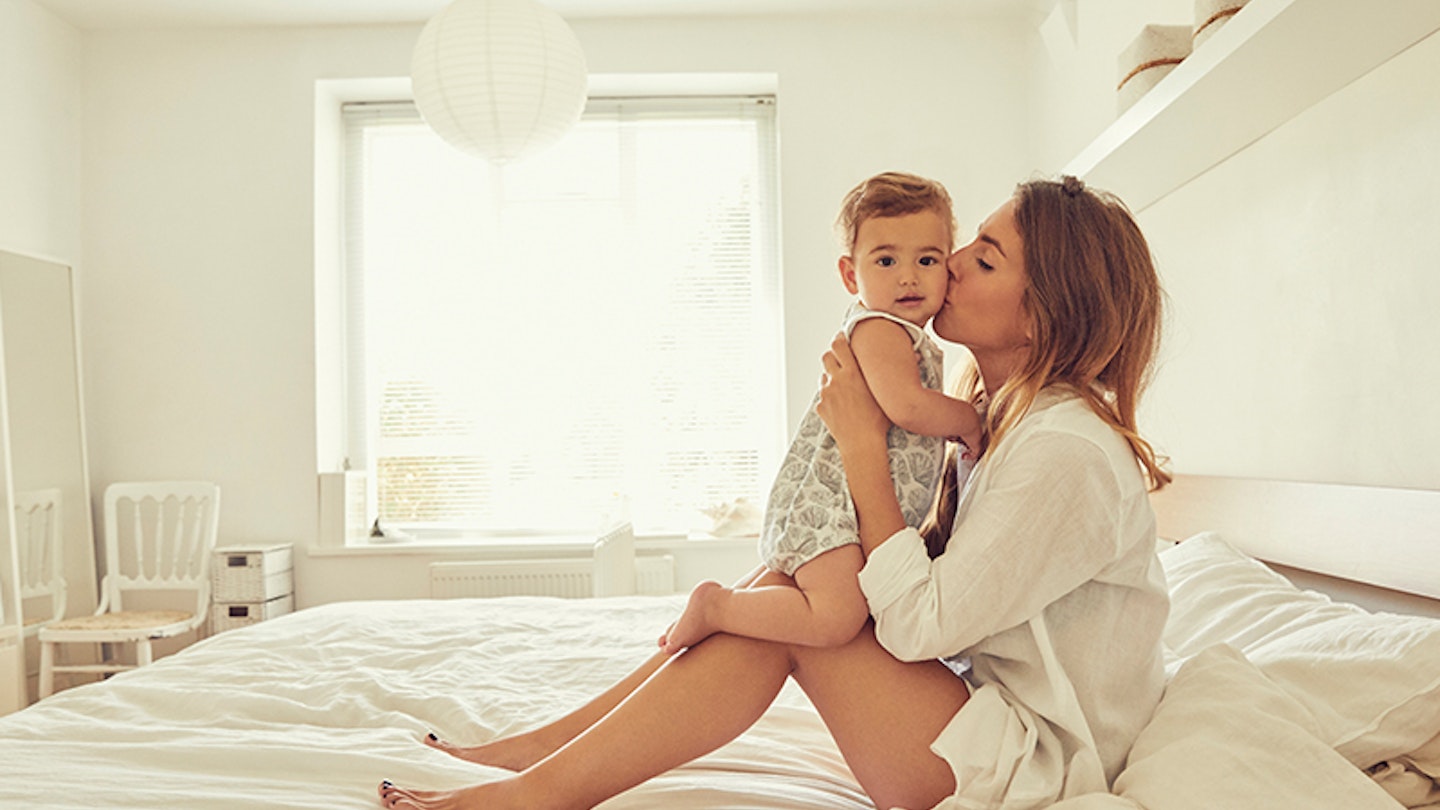There are as many ways of raising children as there are parents, but naps in the freezing cold? Seven-year-olds alone on the tube? Babies peeing to the sound of a whistle? Some of these parenting tips from around the world seem plain barmy, at first.
But if they produce children who’ll eat anything, who can socialise confidently with adults, and are HAPPY, heck - maybe we could learn a thing or two from these seemingly weird ideas.
weird parenting tips from around the world
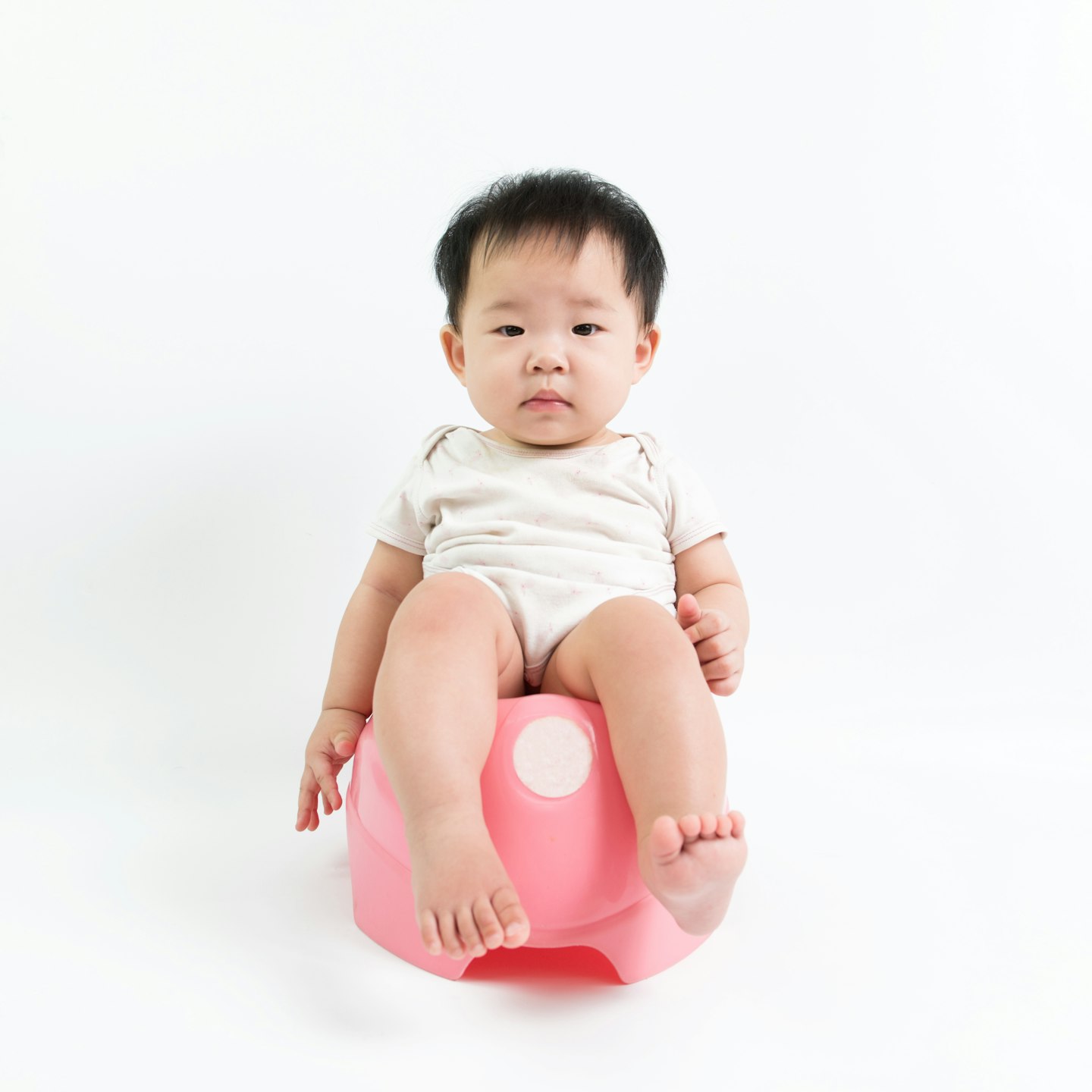 1 of 11
1 of 111) In China they’re potty about potty training
The Chinese are obsessed with potty training and start their babies as early as one month old. They use low whistles and blow when they think the baby is about to urinate, holding her over the sink. Eventually, the baby will associate the sound of the whistle with weeing and go on command, Pavlov's dog style.
Sounds nuts, but Chinese kids are potty trained from about nine months, so show us the whistle.
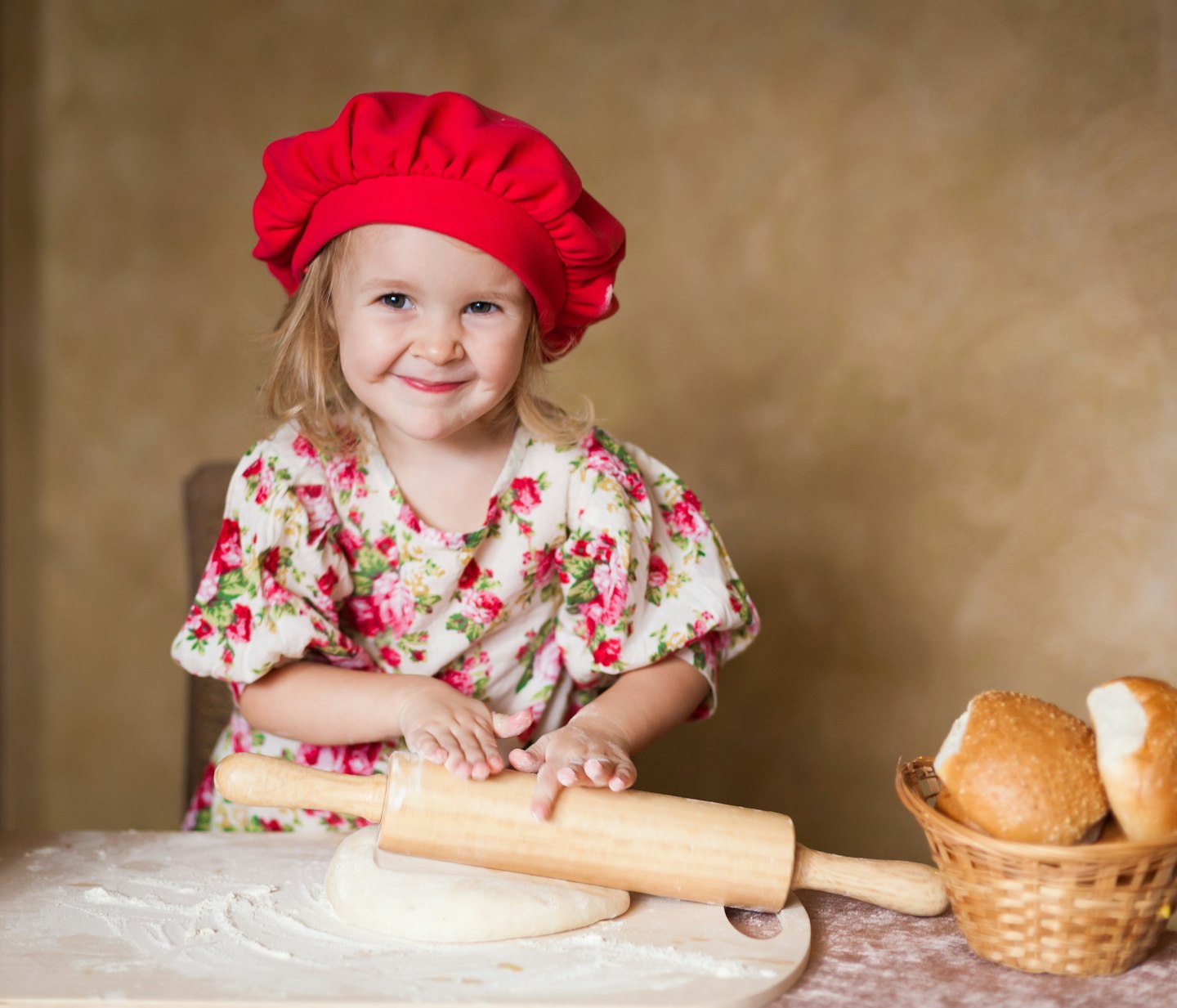 2 of 11
2 of 112) Why French kids love food
France considers itself the gastronomic centre of the world, and who are we to argue? They’ve created a nation of food lovers by introducing les enfant to a new taste every four days and pureeing everything, even specialities like foie gras, rather than messing around with textures.
Later on, lunch in schools is a three-course event, with children expected to at least try everything, which sounds pretty lovely.
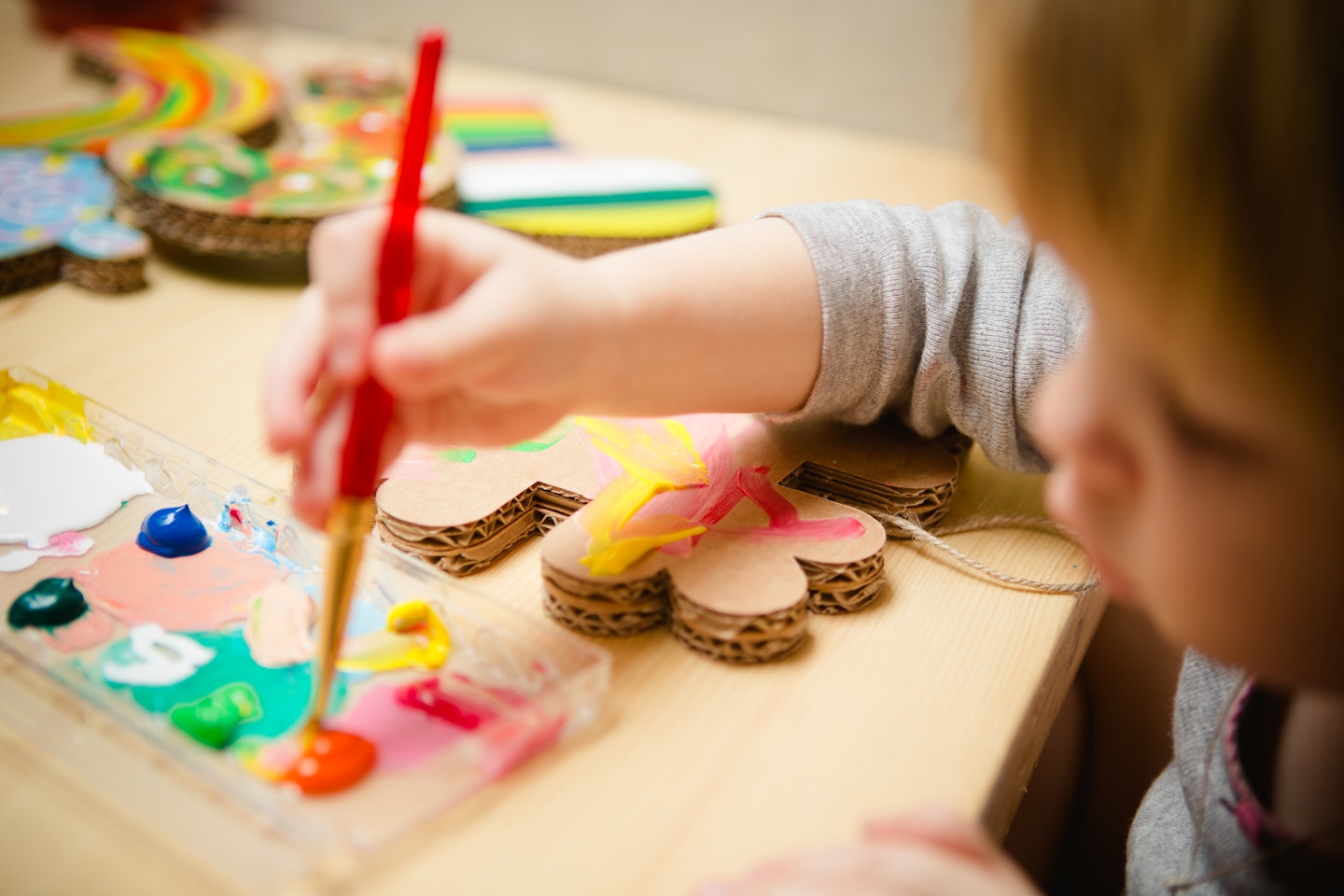 3 of 11
3 of 113) Finns are finicky about education
In Finland kids start school at the ripe old age of seven, before that they're considered too young for formal education. Even when at school there’s a huge focus on playing, no testing, and the encouragement of subjects like drama and art.
Sounds wishy-washy? Finland is considered one of the top ten happiest countries in the world, and isn’t happiness what we really want for our children?
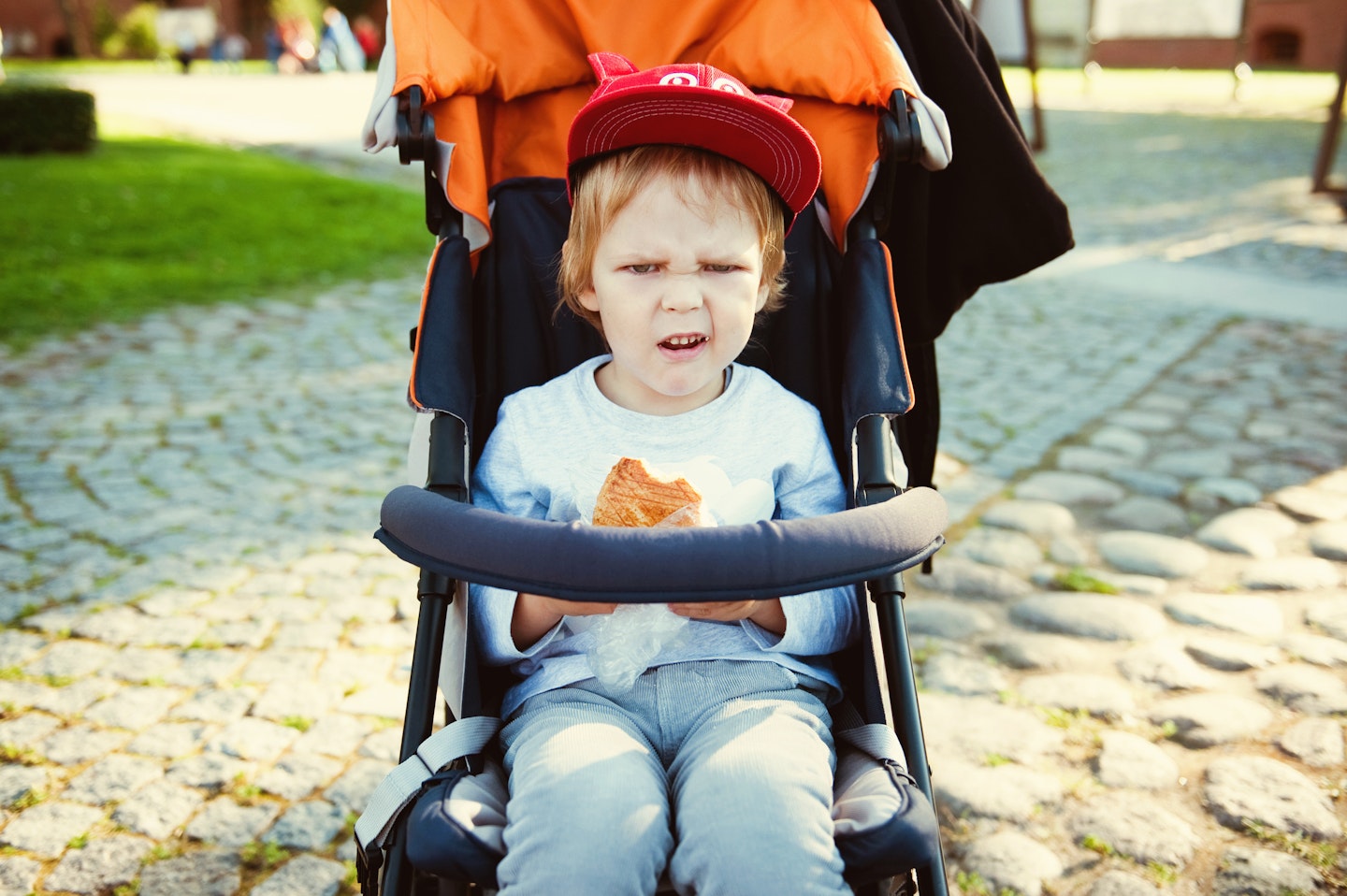 4 of 11
4 of 114) Danish babies stay outside restaurants while parents dine
In Denmark, fresh air and plenty of it is considered essential for young children. So much so, that babies are left outside in buggies while their folks shop or eat.
We just… can’t.
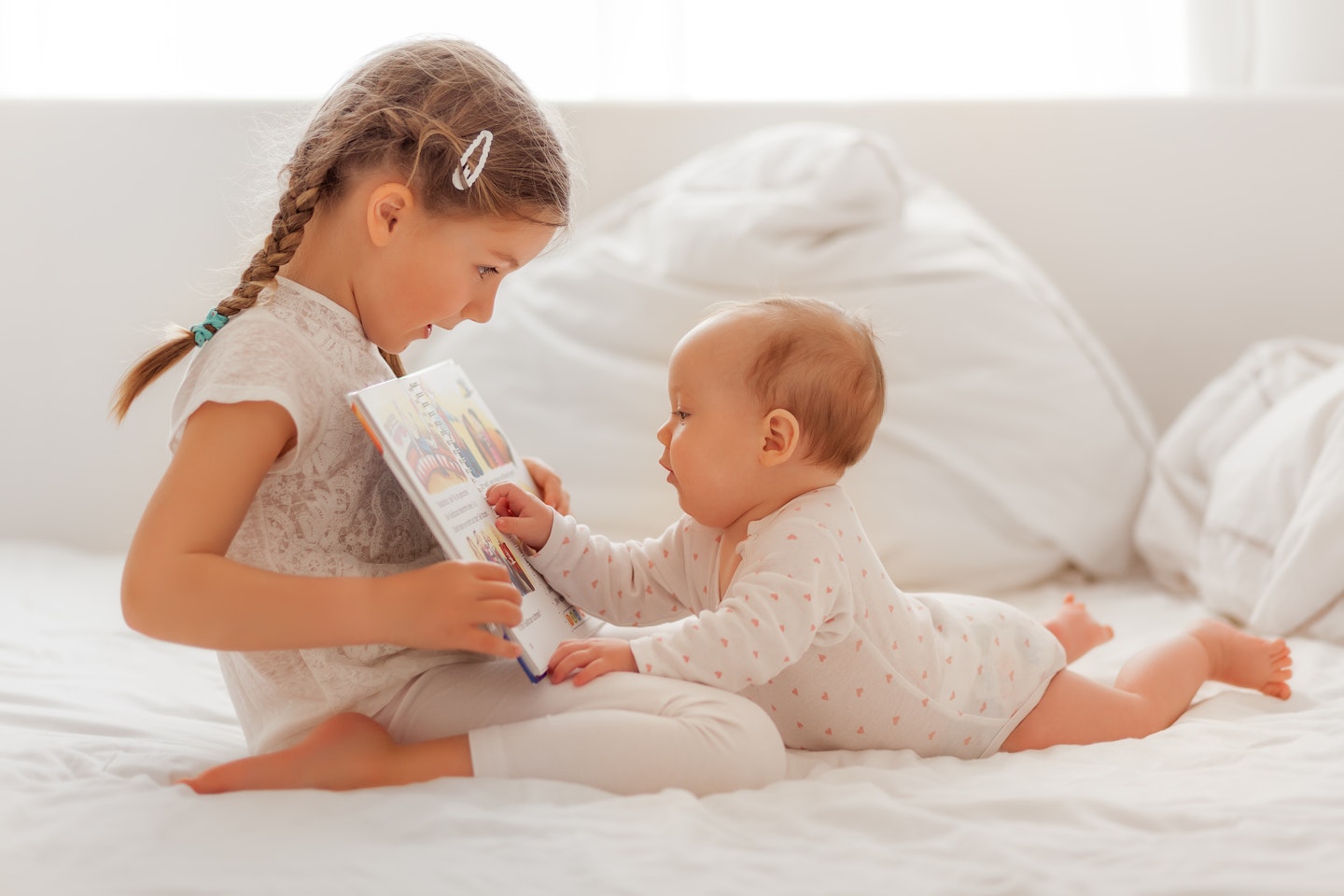 5 of 11
5 of 115) Polynesian kids look after each other
On the Polynesian Islands, once a child can walk he can be looked after by older children. And we mean any child that is older than him.
While this sounds like anarchy, it means that under fives can soothe a baby and that children are generally more self-reliant, which has got to be a good thing.
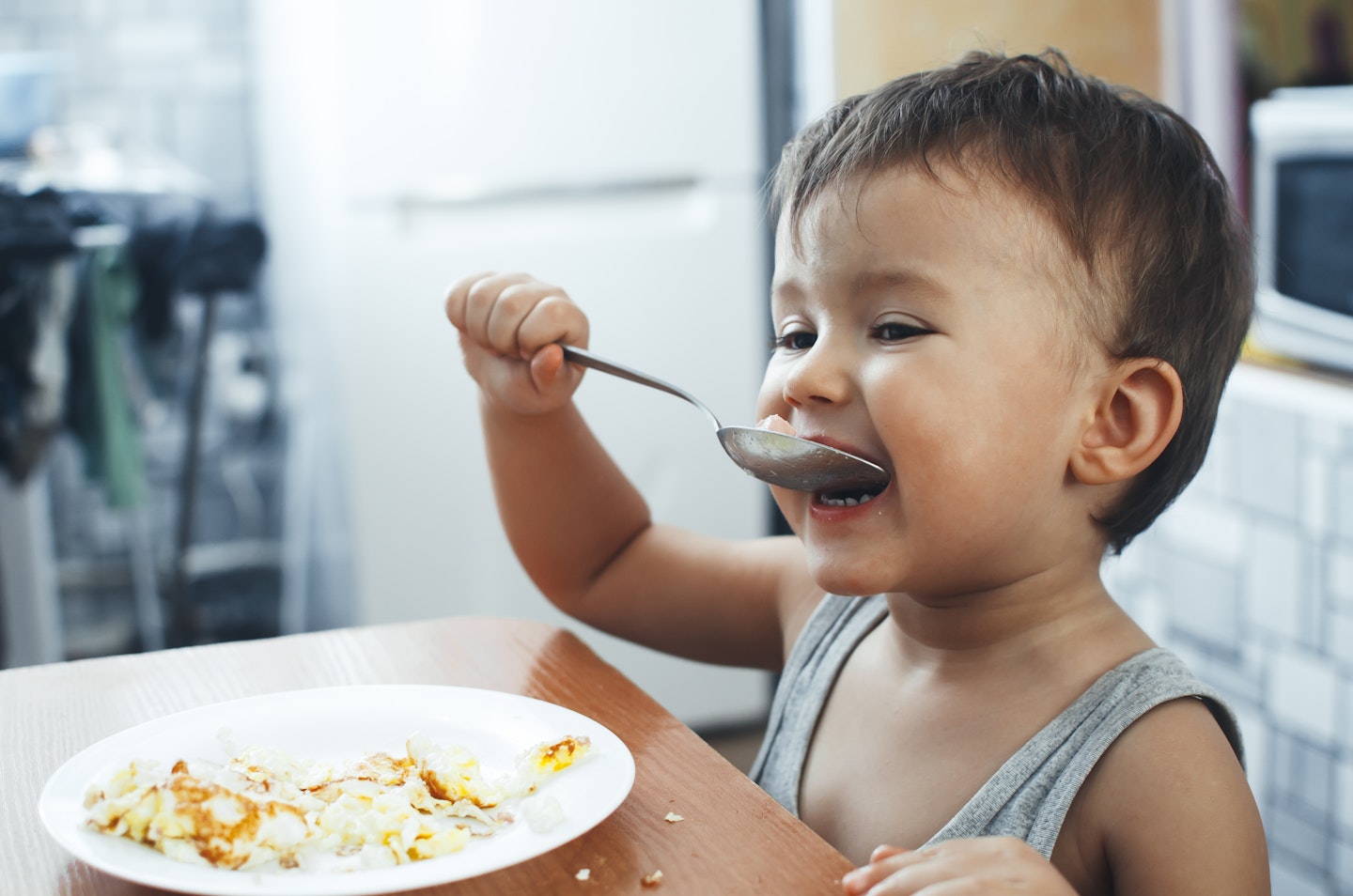 6 of 11
6 of 116) Spanish kids stay up with the adults
It’s no secret that mums can sometimes yearn for the magic wine hour, generally around 7pm, when the children are in bed. Except in Spain, where children stay up until about 10:30pm so they can socialise with adults and partake in family life.
It’s enough to have us reaching for the Rioja.
 7 of 11
7 of 117) Japanese children have a whole heap of independence
It’s not uncommon for children as young as seven to take the subway by themselves in Japan.
Well, it is one of the safest countries to live in. Fortunately.
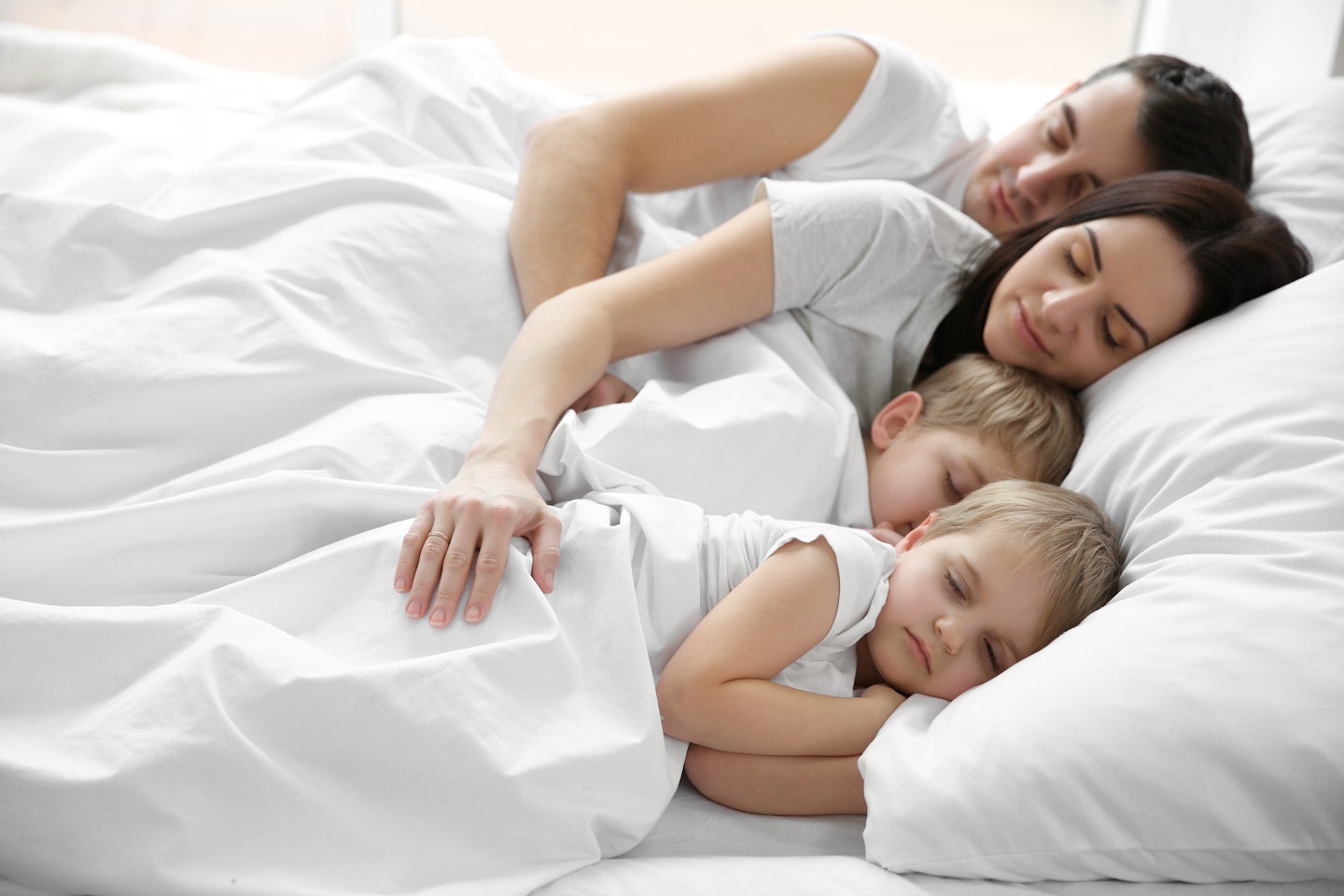 8 of 11
8 of 118) Children’s rights in Sweden
We’re all for children’s rights, and Swedes are forward thinking in their attitude to kids’ needs.
A child has the right to physical comfort from their parents’ bodies, which means that if they want to share your bed in the night, they get to.
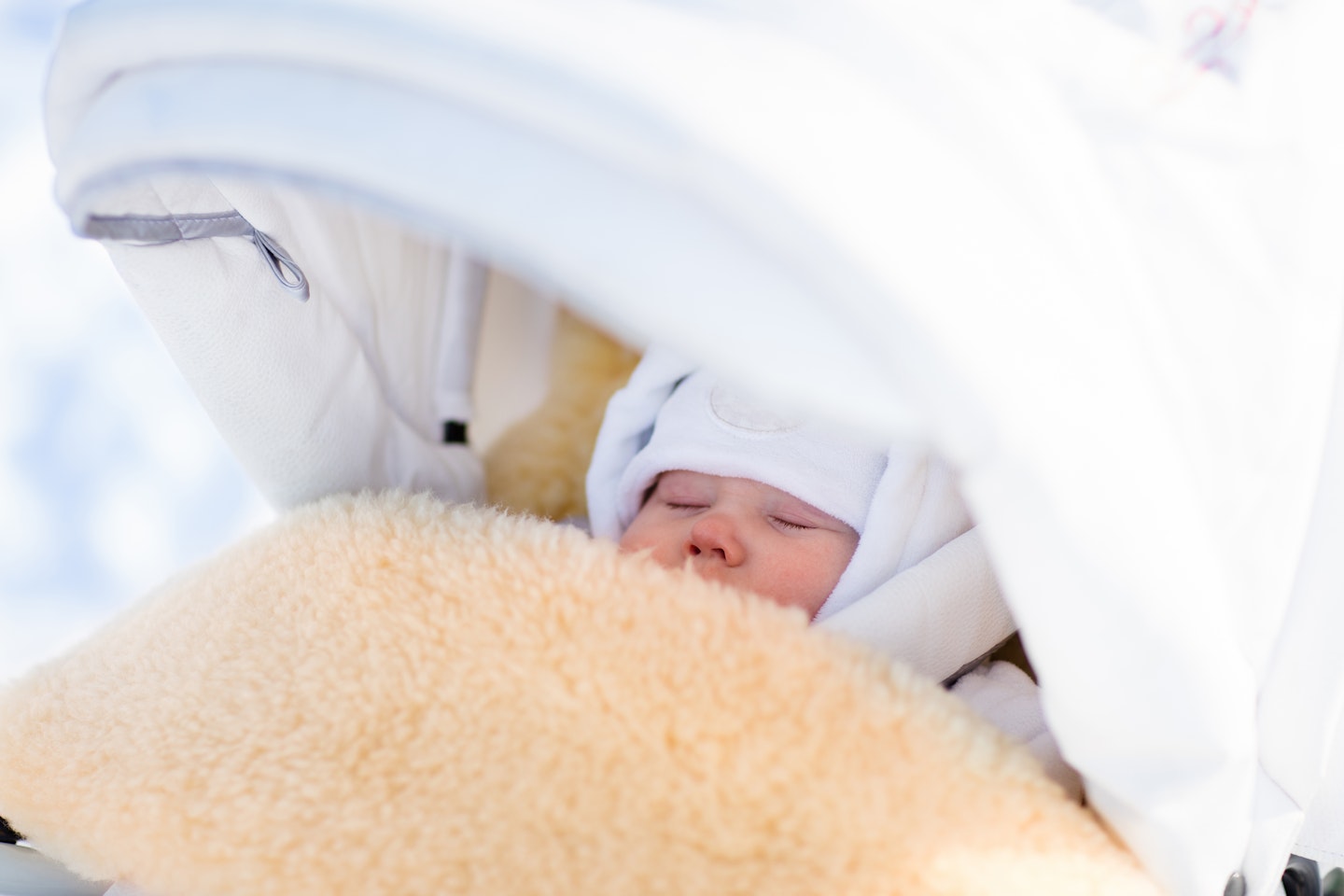 9 of 11
9 of 119) Norwegian babies nap outside
In fact, Scandinavians generally believe in the health benefits of the cold for little ones, and so babies are put outside in freezing temperatures for their daytime snooze. Wrapped up tight, of course, And with cream on their cheeks to prevent windburn.
Lawks.
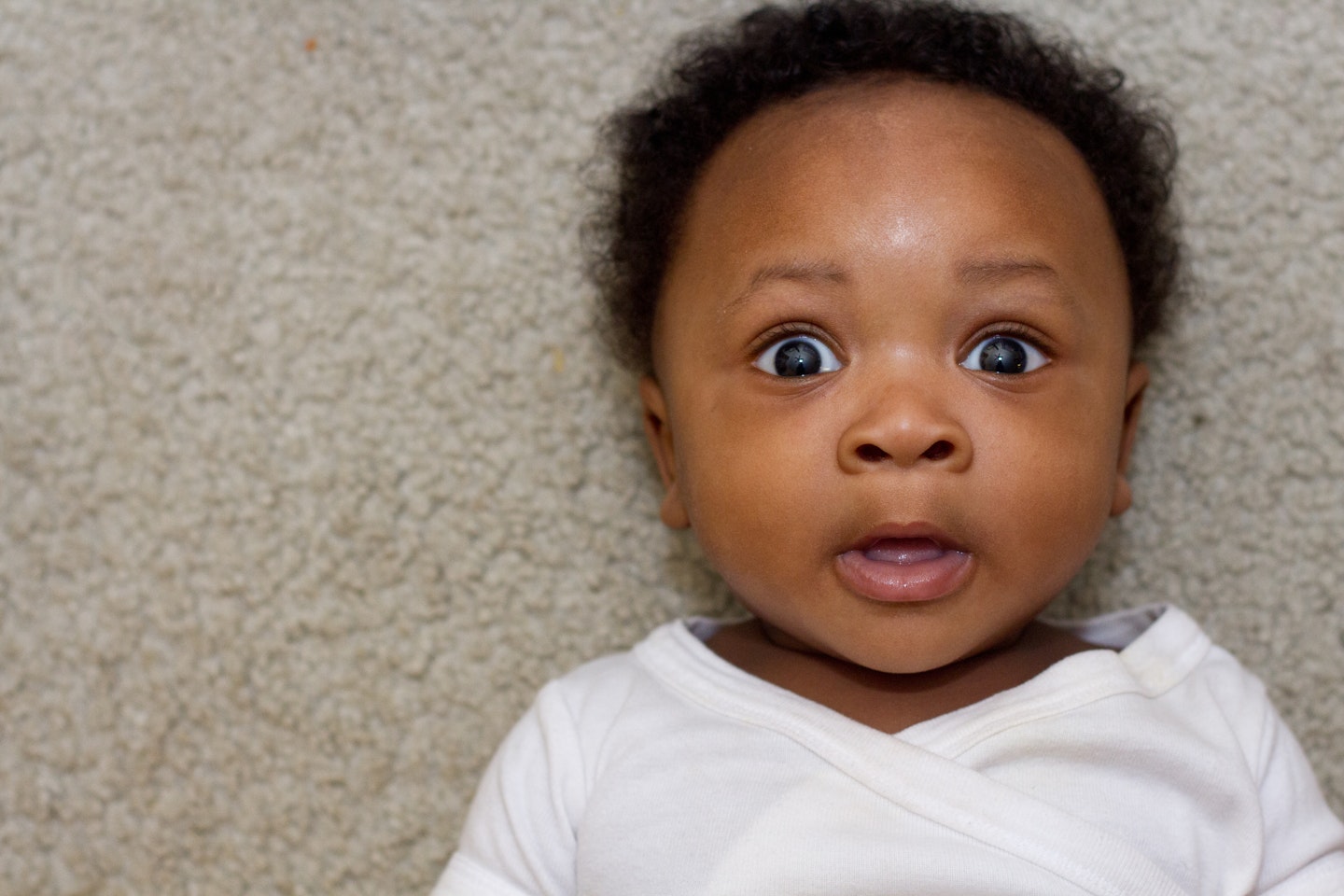 10 of 11
10 of 1110) Kenyan mums don’t make eye contact with their babies
The Gusii people of Kenya have a rule that we’d find hella difficult to stick to: they actively avoid eye contact with their little ones.
As with all these differences, it’s a cultural thing, as the Gusii believe that bestowing eye contact to someone gives them authority, and they don’t want their baby to be the boss of them.
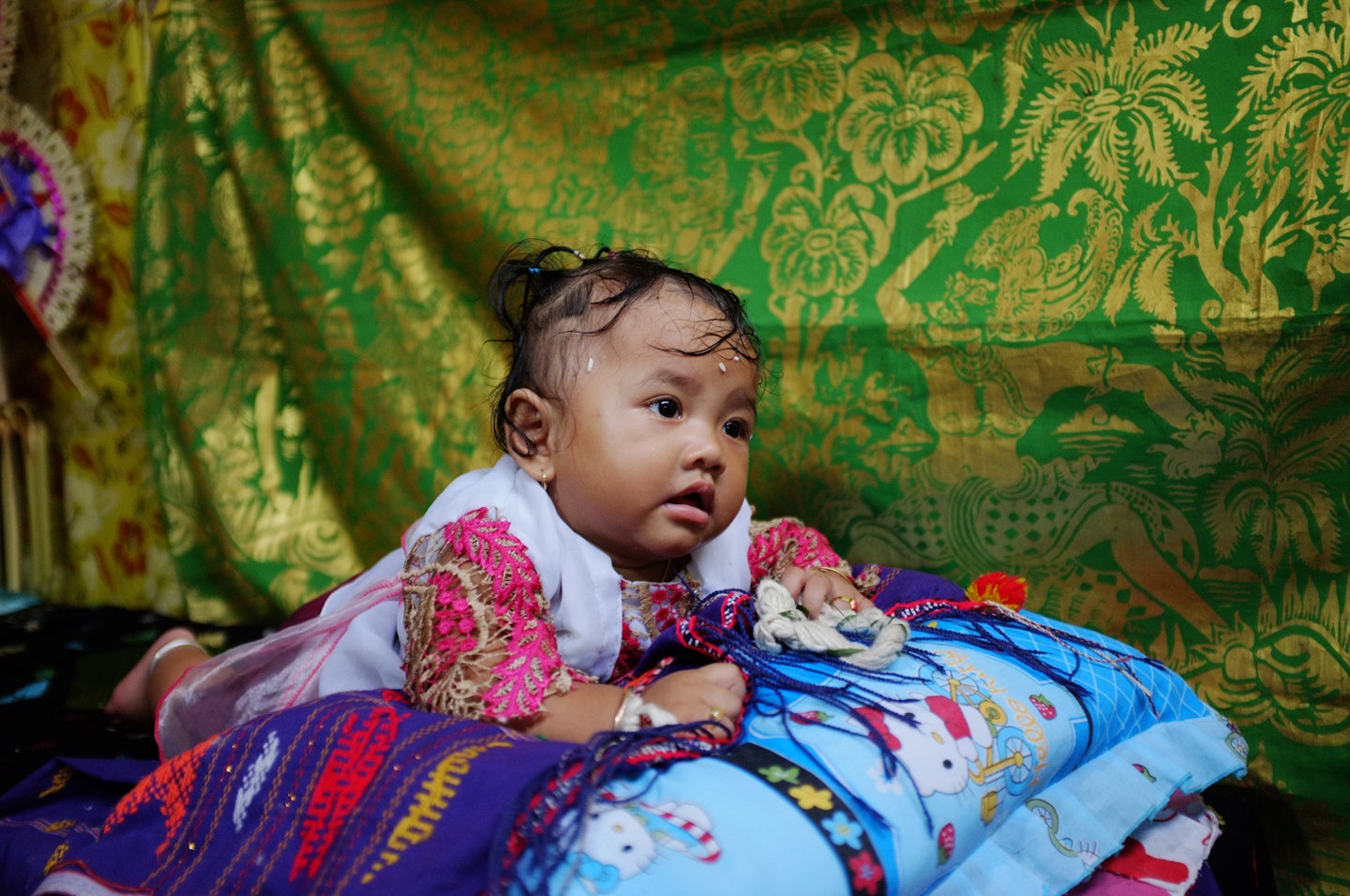 11 of 11
11 of 1111) Babies in Bali don’t touch the ground
In Bali, a newborn doesn’t set foot on the ground until 105 days after being born. This is because babies are considered to be close to the scared realm they came from, and should be treated with veneration.
Well, it’s not that unusual to treat a baby like a god, right?
Make sure you're following Mother & Baby on Instagramfor relatable memes, inspiring stories and parenting hacks!
Join the club! Introducing our brand, spankin’ new Facebook group called #mumtribe. Simply search ‘#mumtribe’ into the search bar and meet like-minded mums, win gorgeous goodies and have some fun!
For parenting tips, tricks and advice you can trust, click here to download a free digital issue of Mother and Baby magazine.
